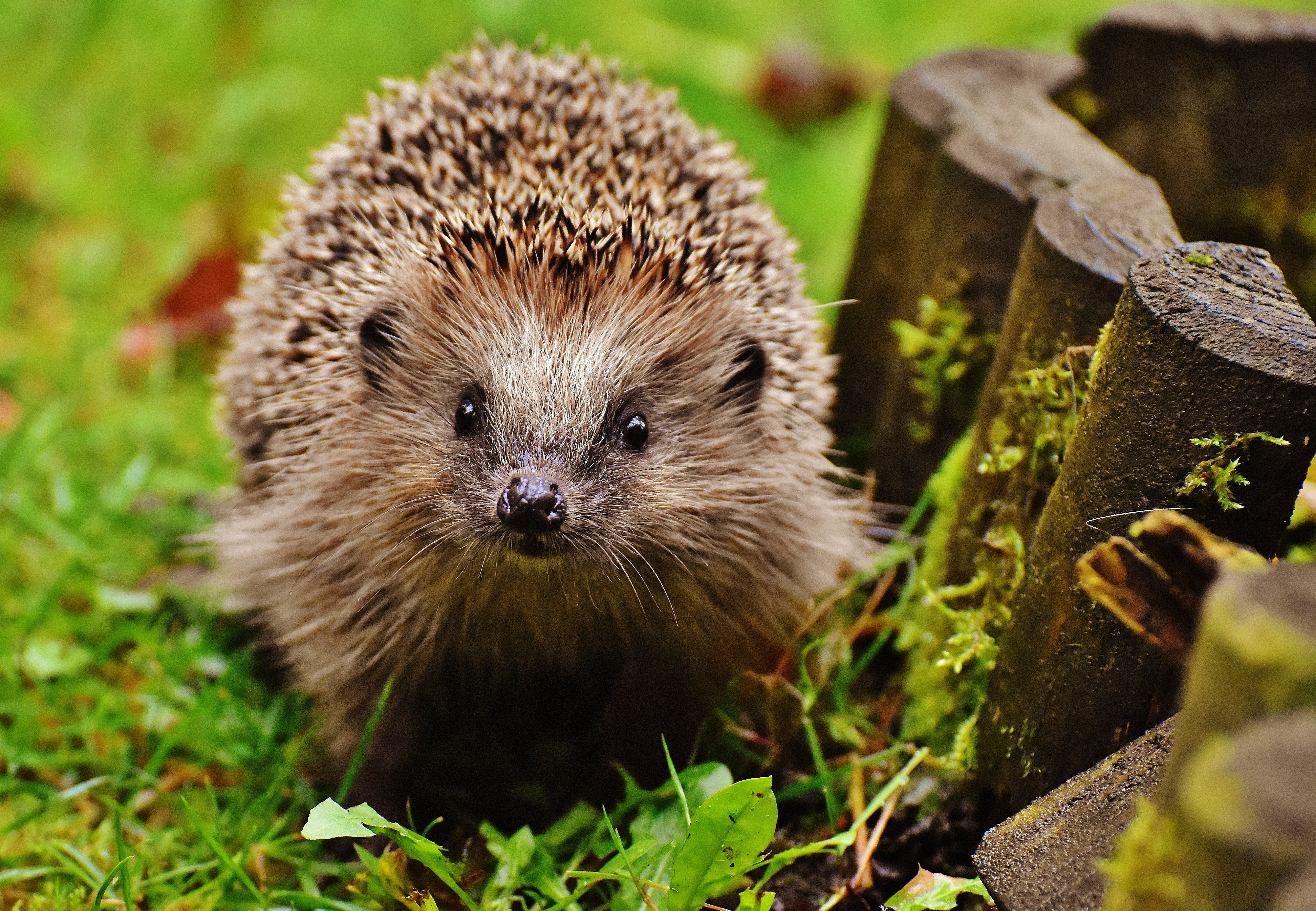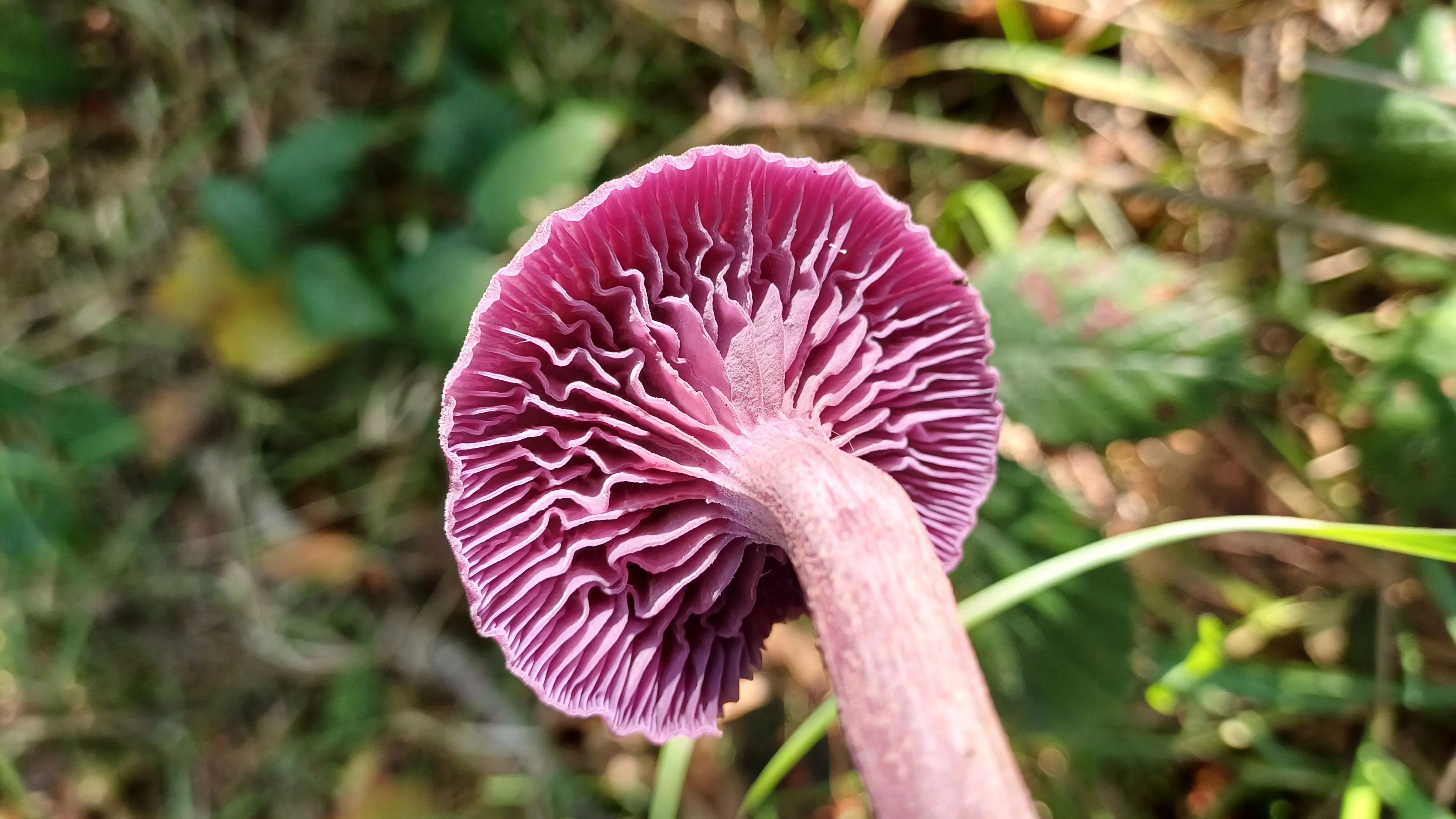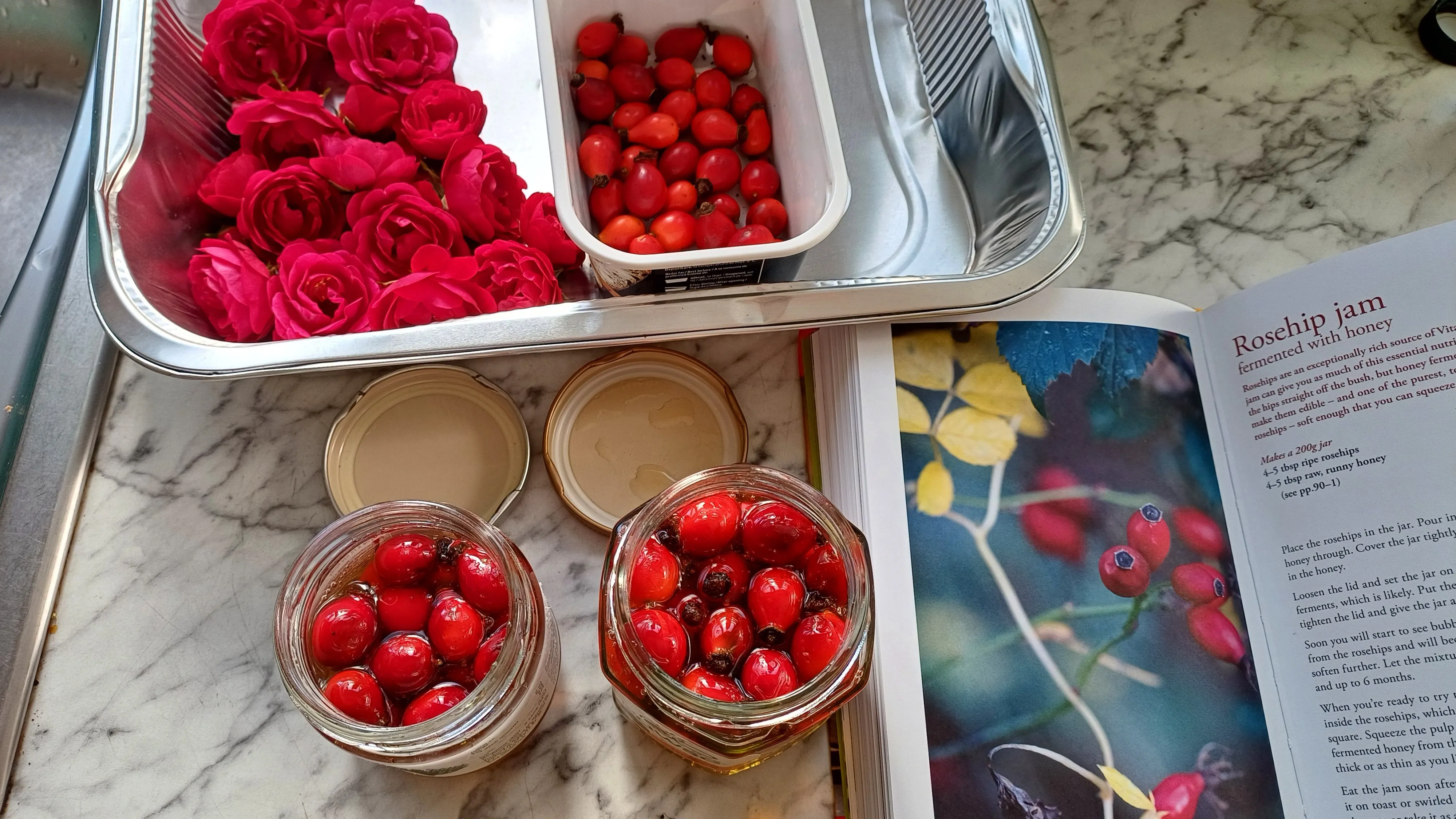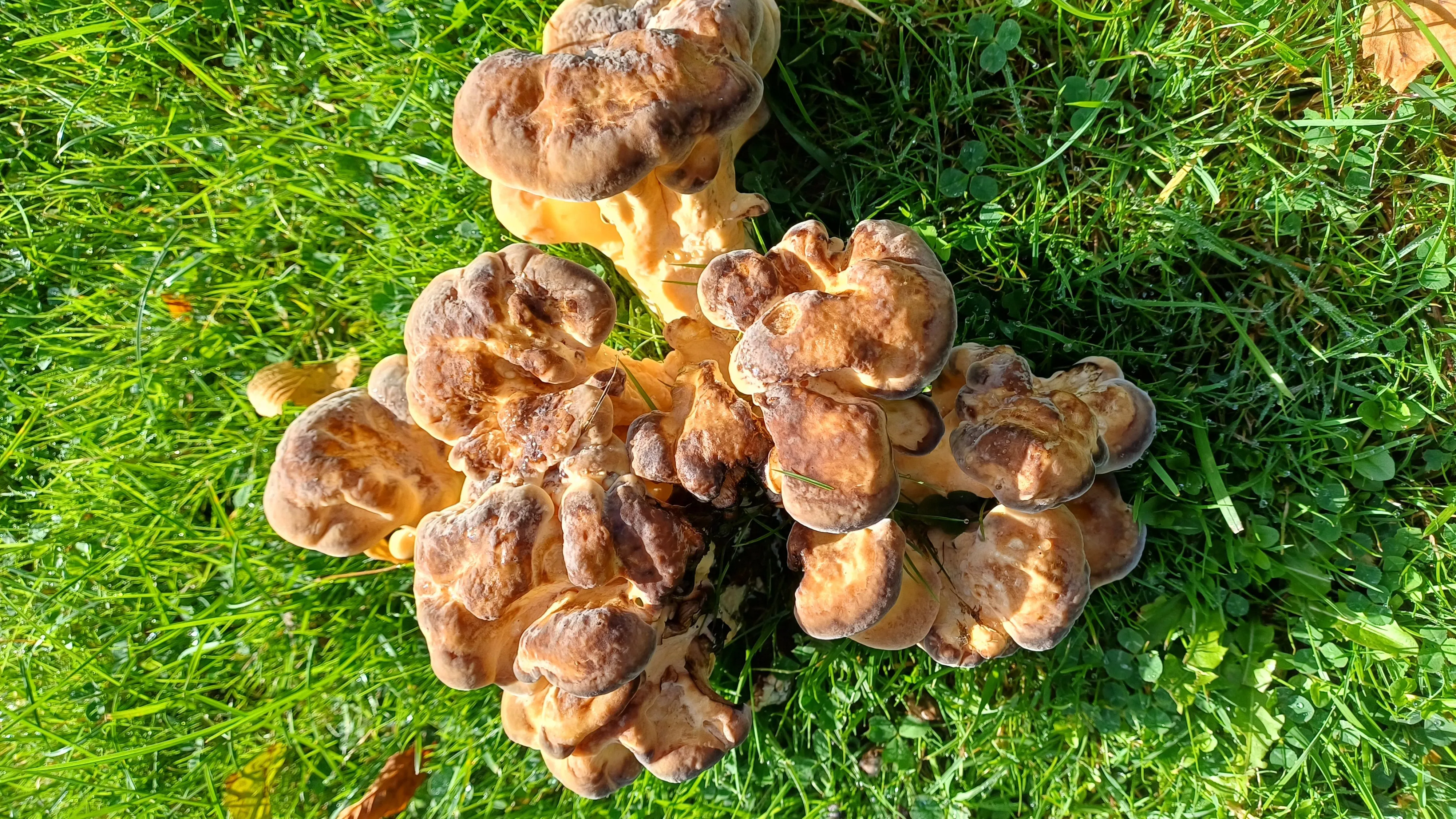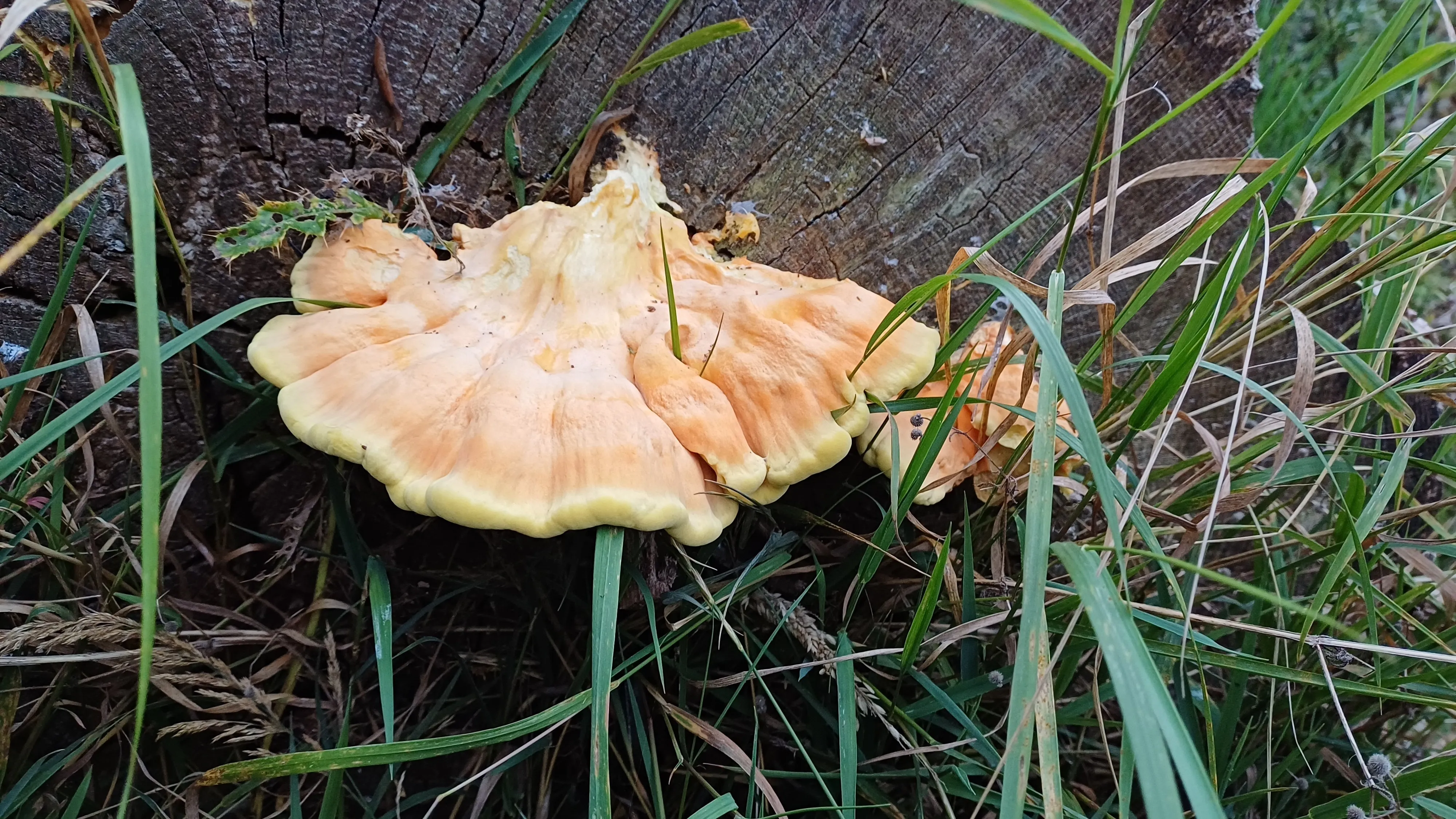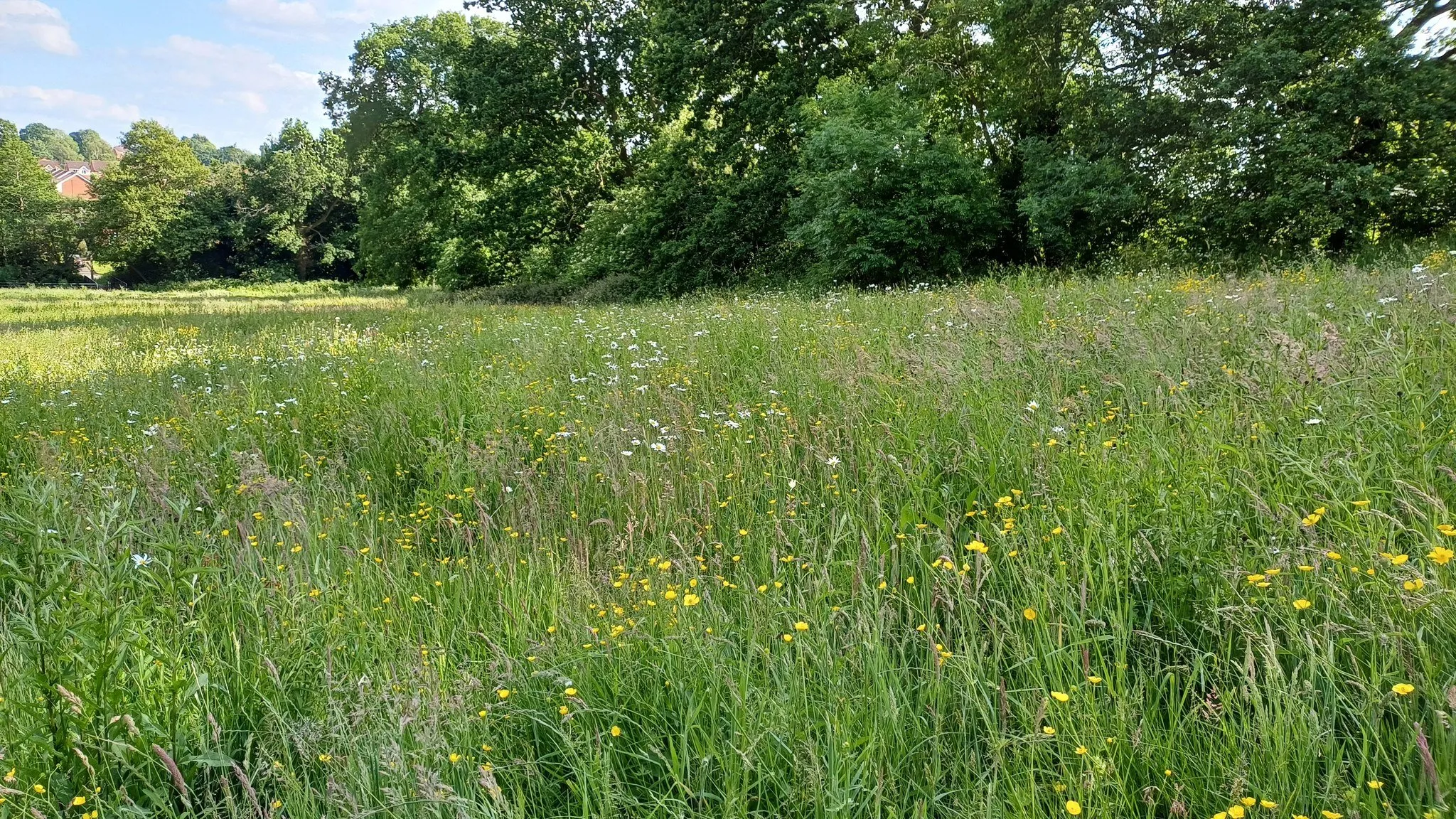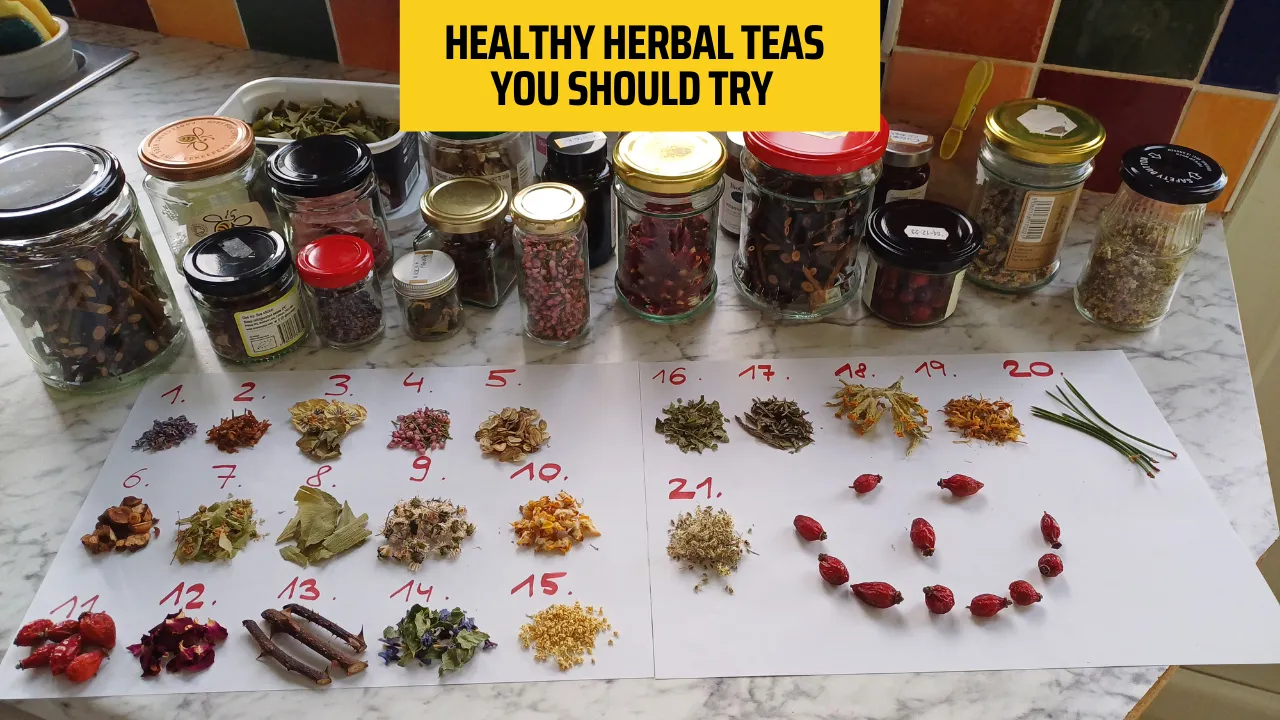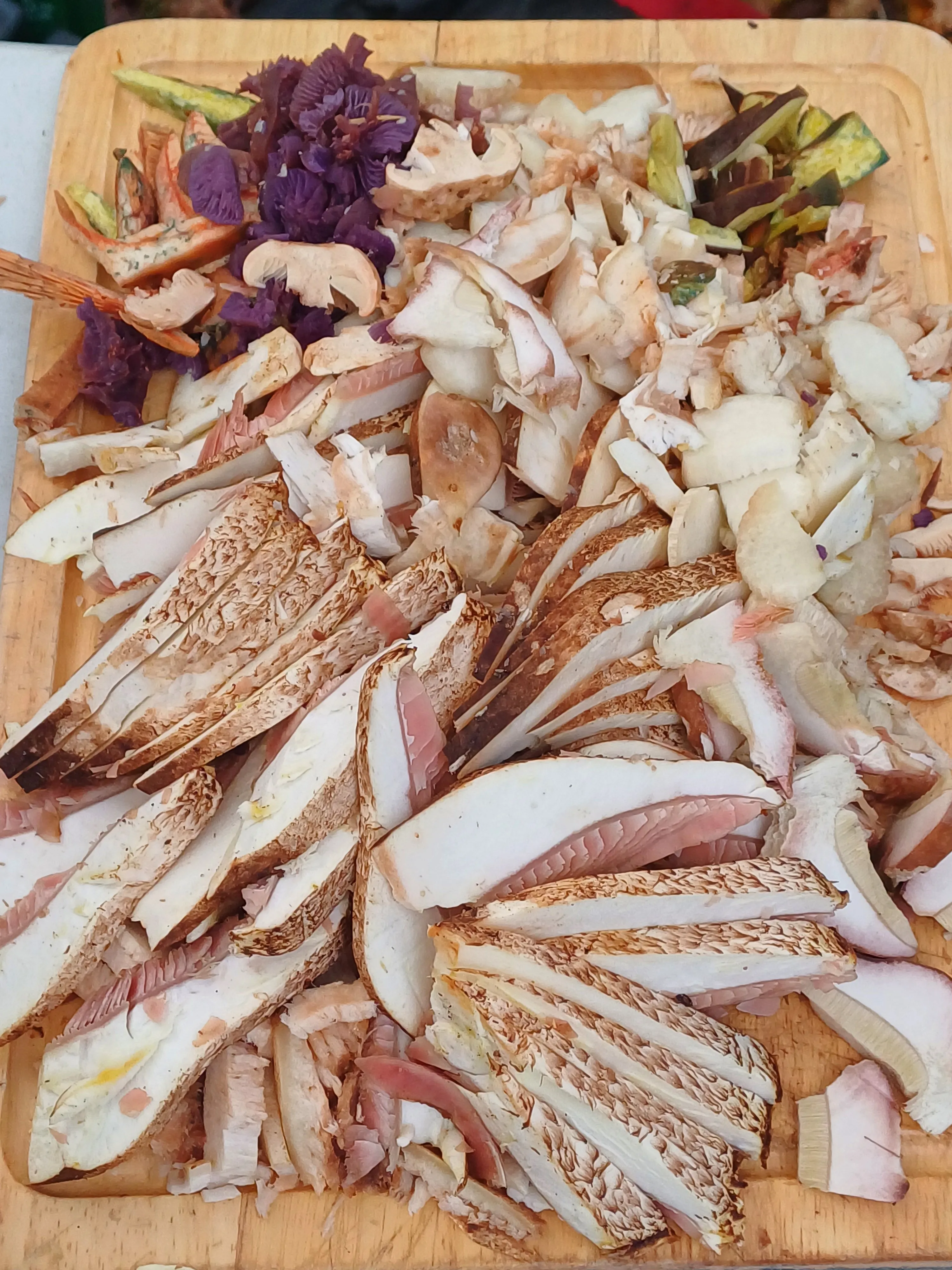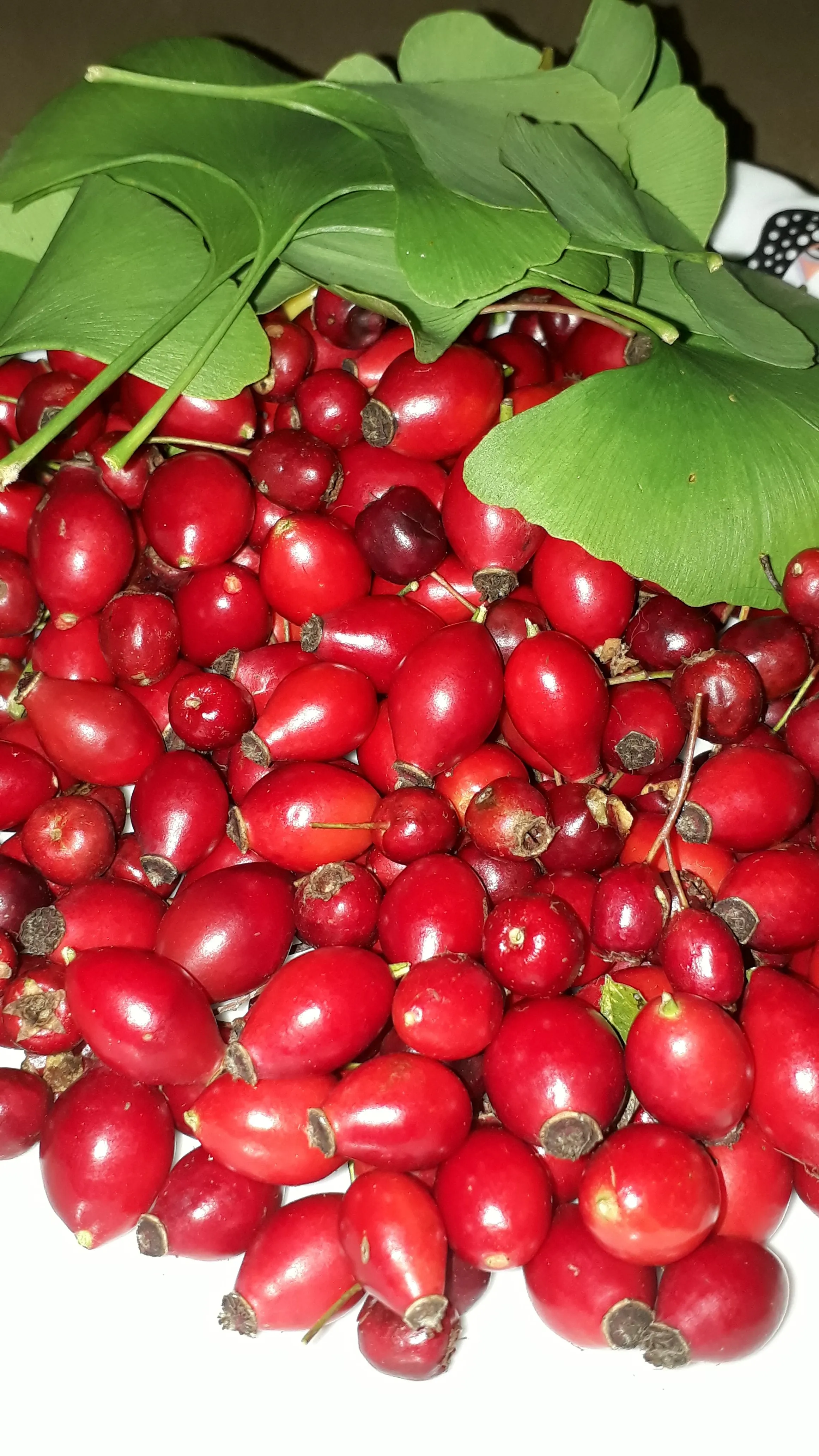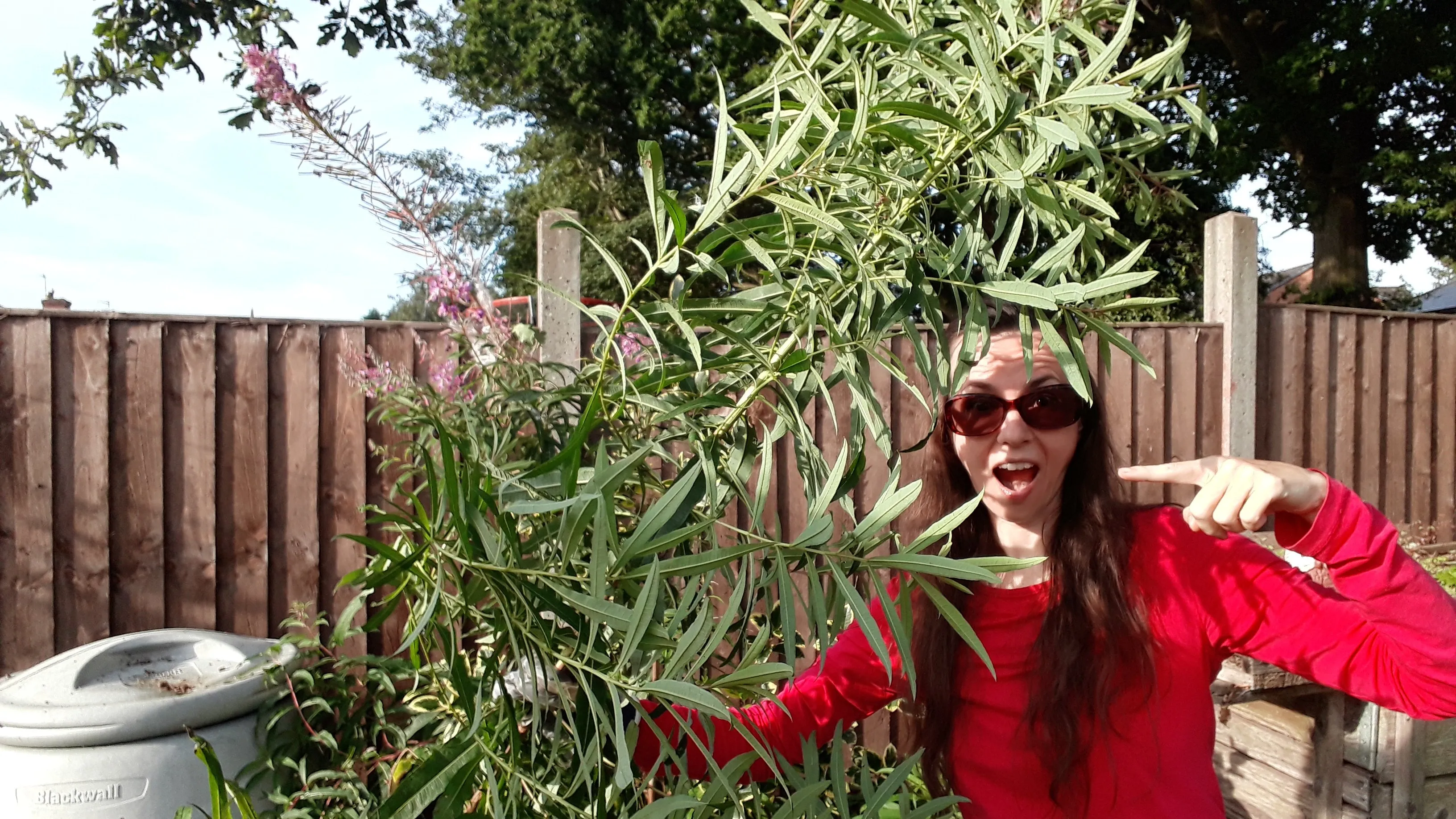Slug control alternatives as ban kicks in
Organic gardeners are welcoming the 'long overdue' ban on the use of metaldehyde, a harmful pesticide used to kill slugs, which came finally to effect.
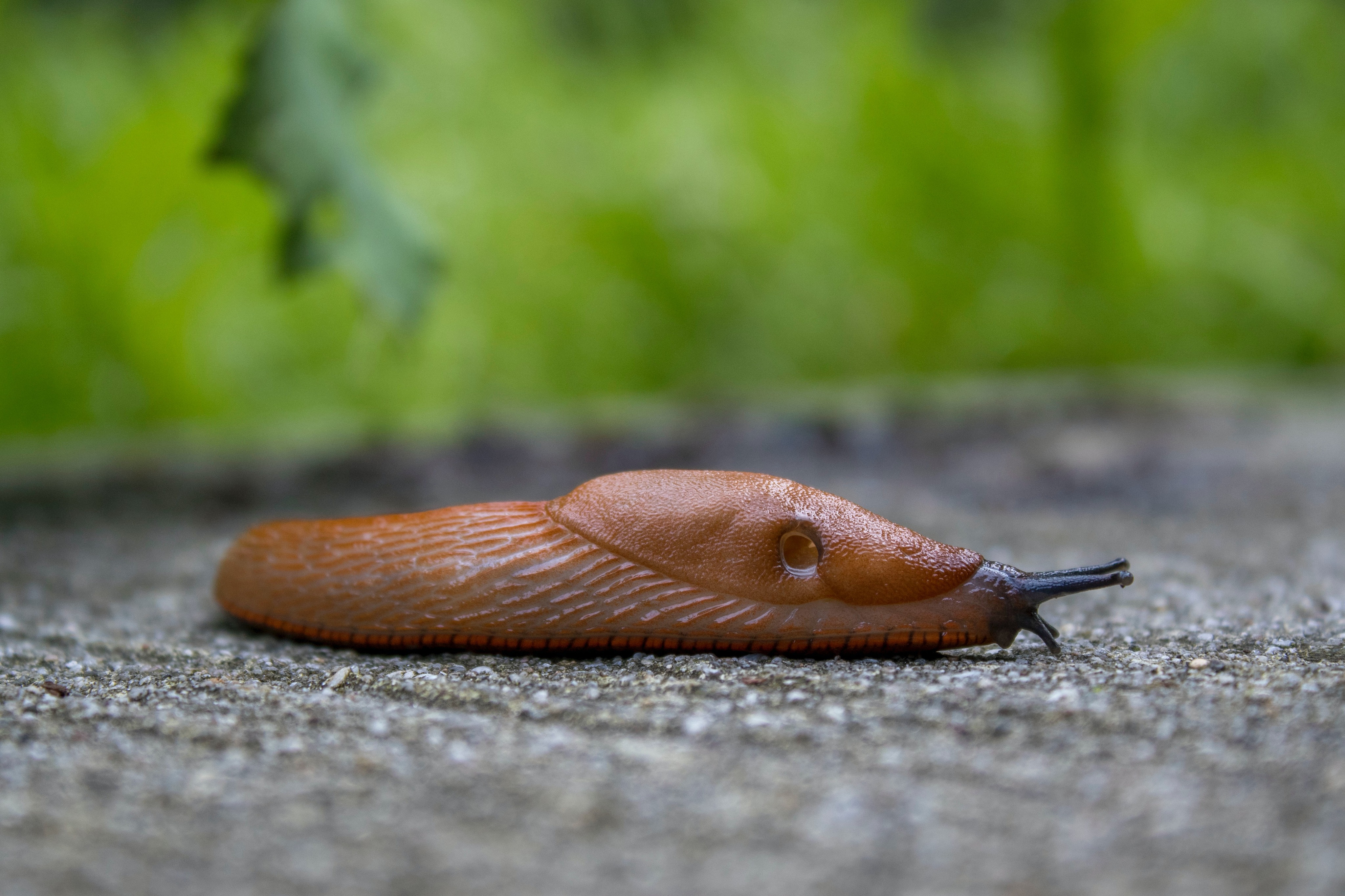
Metaldehyde pellets have long been recognised as posing an 'unacceptable' risk to birds and mammals.
Toxins can also find their way into rivers and freshwaters, posing wider harm to the environment and other wildlife.
There have been cases of dog ingesting pellets, leading to sickness and even death. A ban on products containing metaldehyde was originally announced in 2019, however it was overturned due to a procedural error.
How and where to safely dispose of any metaldehyde-based slug pellets varies depending on where you live. The best way to find the correct disposal method is to check your local council's household waste and recycling information.
Whilst slug and snail damage is a challenge for home and professional gardeners alike, there are more humane, organic ways to combat pest damage without resorting to potent chemicals. Changing habits can be challenging but enforced actions like this are essential to protect wildlife and support biodiversity.
As gardeners, we know how devastating slug and snail damage to our food and flowers can be, but we also know they are an important part of the natural ecosystem. Using toxins to wipe them out is not only heavy-handled, worse than that, metaldehyde is a killer of birds an mammals and has horrible environmental side effects. There are ways to limit the damage gastropods do without completely obliterating them. Here are a few top tips.
Consider what you grow
There are certain species of plants that slugs and snails really love, such as hostas and delphiniums.
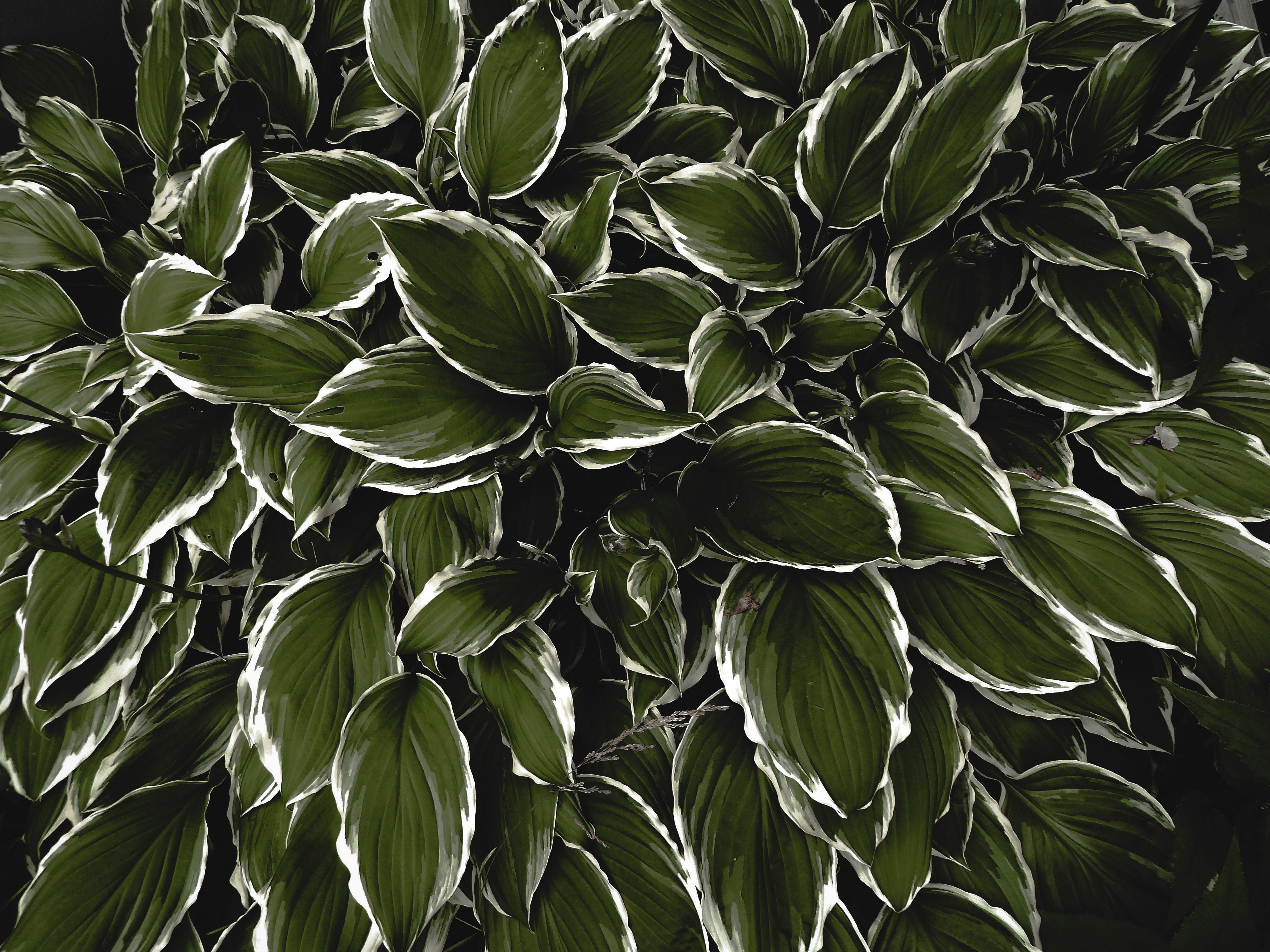
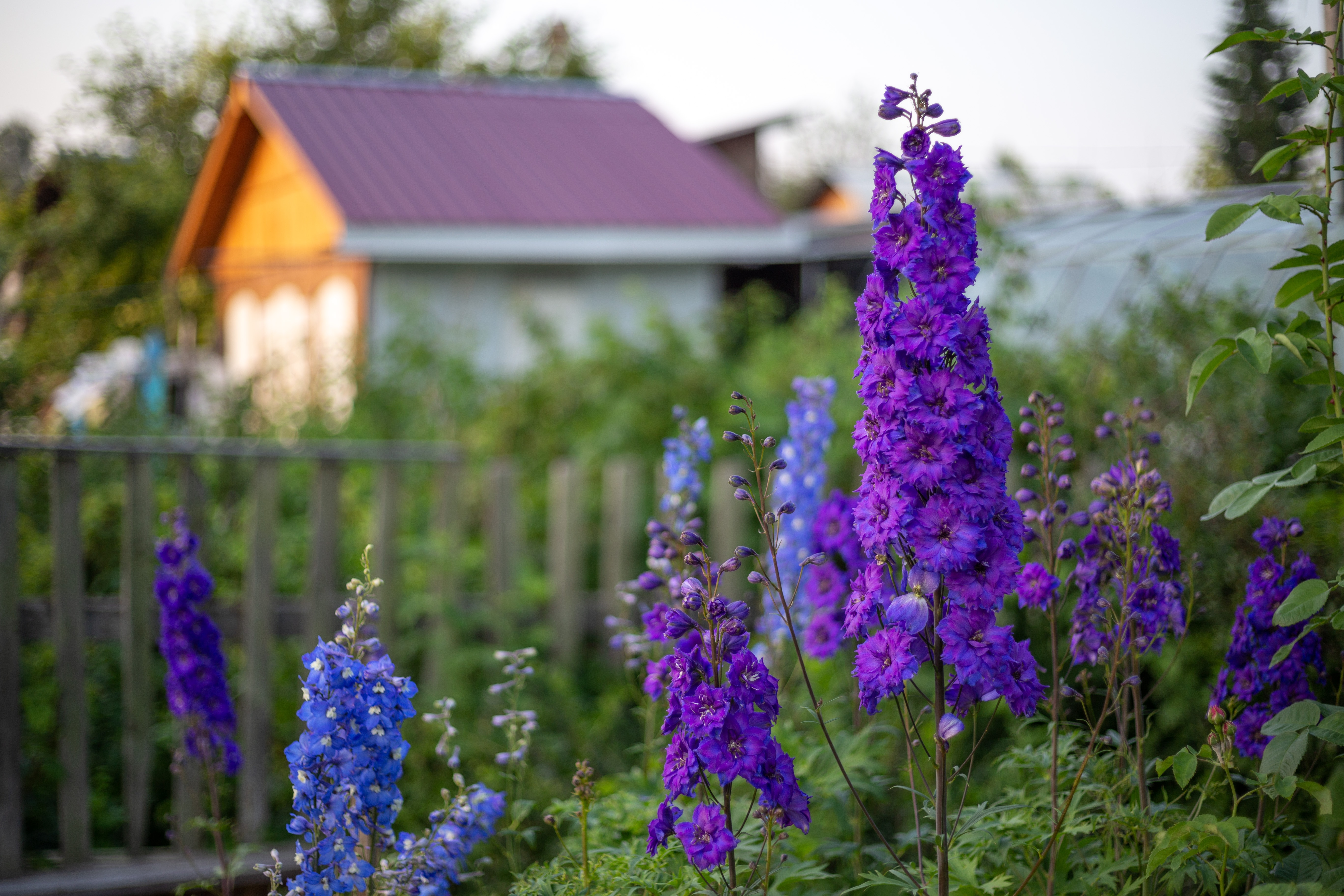
If you know you have a slug problem in your garden, save yourself the heartbreak and opt for less favourable plants.
Foxgloves, geraniums and agapanthus all stand up to slugs and snails as well. Raised beds and containers are also less vulnerable to attack.
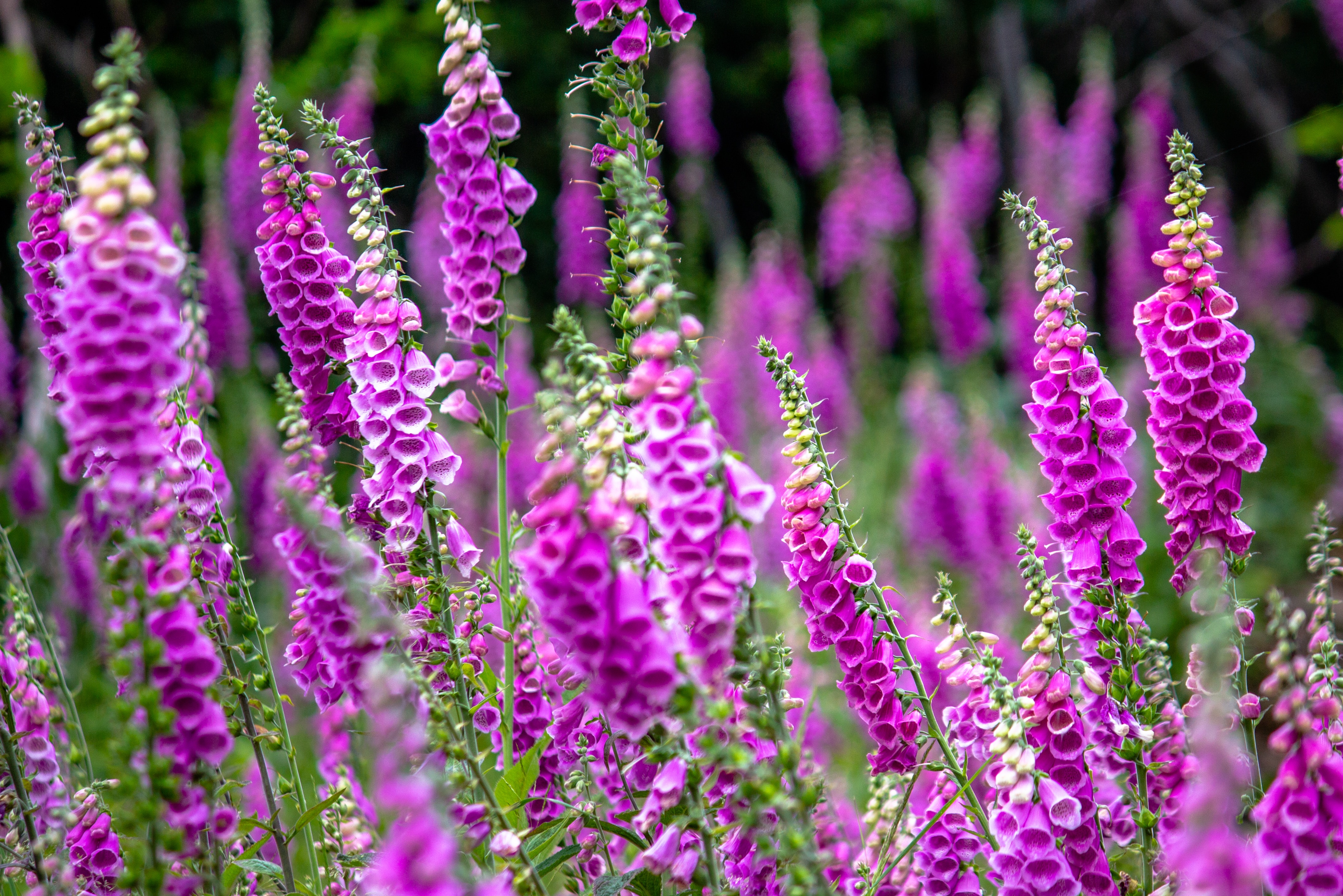
Plan ahead to avoid unnecessary loss
It's also important to plan ahead and pre-empt potential slug carnage. Make sure to protect your vulnerable plants. Slugs will go after young seedlings, so don't put them out too early. Wait until they are stronger and more resistant to pests.
Whilst you're raising our precious seedlings, be careful no to overfeed them, particularly with nitrogen-based feeds, as this makes them even more attractive to a passing gastropod.
Us gardeners normally sow too many seeds for our space, so keep a few seedlings back to replace any losses.
You'll always find another gardener to swap them with if you find yo don't need them after all.
Humane traps and barriers
Slugs and snails like dark, damp conditions, so you can attract them to specific area.
Putting down a roof tile, for example, will entice them under, then you can check at regular intervals and simply remove any that congregate there.
This is a good way to clear an area before planting, especially if you use lettuce as bait under the traps.
You can also make your own DIY barriers. Make slug collars from plastic rings with a lip - slugs find these difficult to cross. Place these around individual plants, such as lettuce. Or you could make cloches by cutting the bottom off a clear plastic bottle and firming these into the soil.
Alternatively, wool pellets or grit can be used as a barrier, just make sure you top these up occasionally, particularly after any heavy rain.
Copper can also be used to protect your plants as it acts as a small 'electric fence'. You can buy copper tape to put around a pot or raised bed, or put copper rings around your plants. Copper is expensive, so make sure you look after it, and consider saving it for your most precious plants.
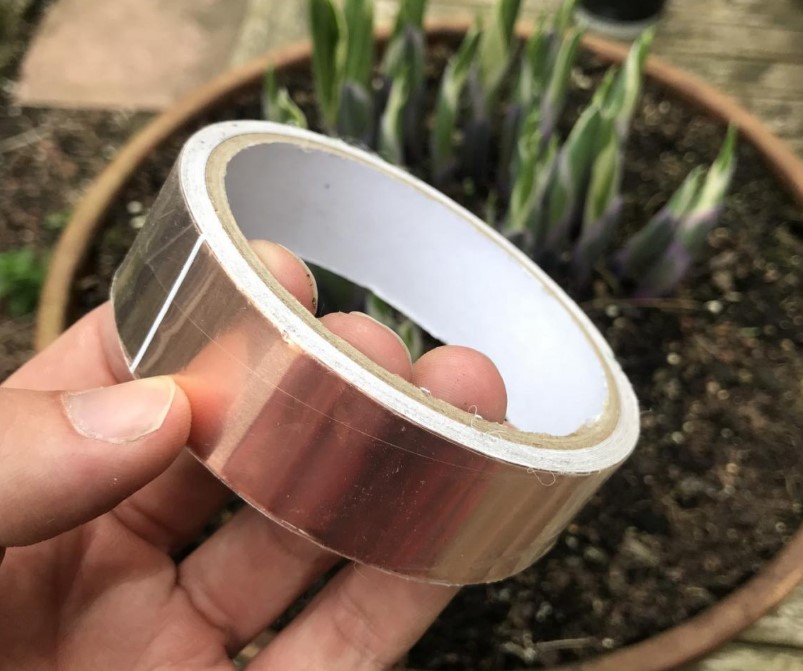
Natural methods - encourage predators
If your garden is a haven for birds, hedgehogs, frogs and toads, these creatures will naturally help to keep slug and snail numbers down.
Maintaining a healthy and balanced ecosystem within your garden is the best and most sustainable way to deal with slugs, snails and all garden 'pests'.
If we care about wildlife and the future of our planet, we must make the positive move to organic methods in our gardens, allotments, balconies and pots.
